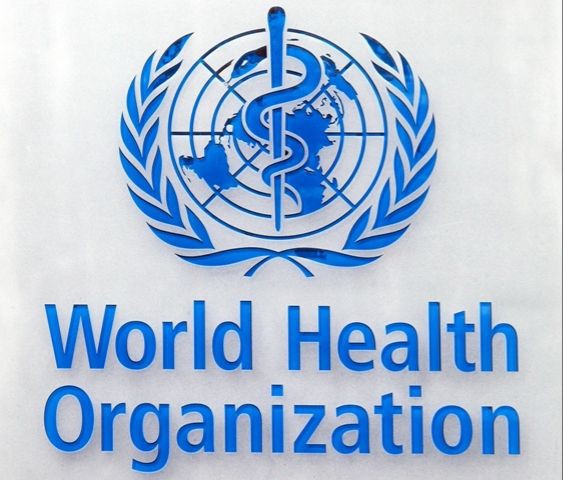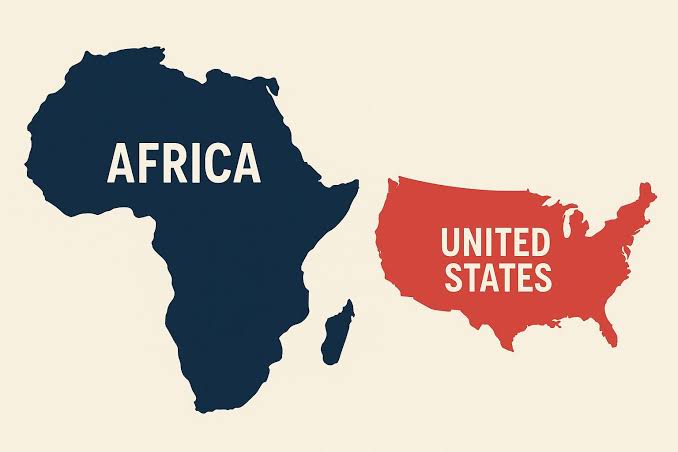
Gender Inequality, Cause of Global Health Crisis – WHO

The World Health Organisation (WHO) released a report titled “Fair Share for Health and Care: Gender and the Undervaluation of Health and Care Work” on Wednesday. The report sheds light on how gender inequalities in health and care work negatively impact women, health systems, and health outcomes.
According to the report, persistent underinvestment in health systems has fueled a cycle of unpaid health and care work, which not only lowers women’s participation in paid labour markets but also harms their economic empowerment as well as hampers gender equality.
It stated that women comprised 67 per cent of the paid global health and care workforce, yet, in addition to this paid work, an estimated 76 per cent of all unpaid care activities are performed by women. The report added that work that is done primarily by women tends to be paid less and have poor working conditions.
The report also brought attention to the prevalence of low pay and demanding working conditions within the health and care sector, stating that the devaluation of caregiving, a field predominantly occupied by women, negatively impacts wages, working conditions, productivity, and the economic footprint of the sector.
The report illustrated that decades of chronic under-investment in health and care work have contributed to a growing global crisis of care.
“With stagnation in progress towards universal health coverage, resulting in 4.5 billion people lacking full coverage of essential health services, women may take on even more unpaid care work,” it added, stating that the harmful impact of weak health systems combined with increasing unpaid health and care work are further straining the health of caregivers and the quality of services.
The WHO Director for Health Workforce, Jim Campbell, said:
The ‘Fair Share’ report highlights how gender-equitable investments in health and care work will reset the value of health and care and drive fairer and more inclusive economies. We are calling upon leaders, policy-makers, and employers to take action: it is time for a fair share of health and care.
The report outlined several policy recommendations aimed at addressing the undervaluation of health and care work, including:
- Improving working conditions for all forms of health and care work, especially for highly feminised occupations
- Ensuring equitable inclusion of women in the paid labour workforce.
- Enhancing work conditions and wages in the health and care sector, along with ensuring equal pay for work of equal value.
- We are bridging the gender gap in care, supporting quality care work, and upholding the rights and well-being of caregivers.
- Ensuring national statistics accurately account for, measure, and value all health and care work.
- Investing in robust public health systems to accelerate progress towards UHC and redistribute unpaid health and care work.
The report concluded that:
When women participate in paid health and care employment, they are economically empowered and health outcomes are better. Health systems need to recognise, value, and invest in all forms of health and care work.
Read: Abductors of Kaduna students demand N1bn ransom, gives 20days ultimatum
About The Author
Related Articles
Malian Prime Minister Presents 2025 Government Report, Pledges Stability and Reform
Mali’s Prime Minister, Major General Abdoulaye Maïga, has presented the government’s 2025...
ByWest Africa WeeklyMarch 2, 2026AES Ministers Conclude Roadmap Talks in Ouagadougou, Strengthen Security Coordination
Ministers of the Confederation of Sahel States have concluded high level discussions...
ByWest Africa WeeklyMarch 2, 2026Investigation Links Western Funding Networks and NGOs to African Conflict, Terror Financing, and Organised Crime
A transcontinental investigation has exposed an alleged web of Western-funded organisations and...
ByWest Africa WeeklyMarch 2, 2026Tinubu Approves Additional Endless Federal Road Projects While Old Projects Crawl at Snail’s Pace
President Bola Tinubu has approved a fresh round of federal road projects,...
ByWest Africa WeeklyMarch 2, 2026











